Swiss-made pesticide blamed for farmer deaths in India
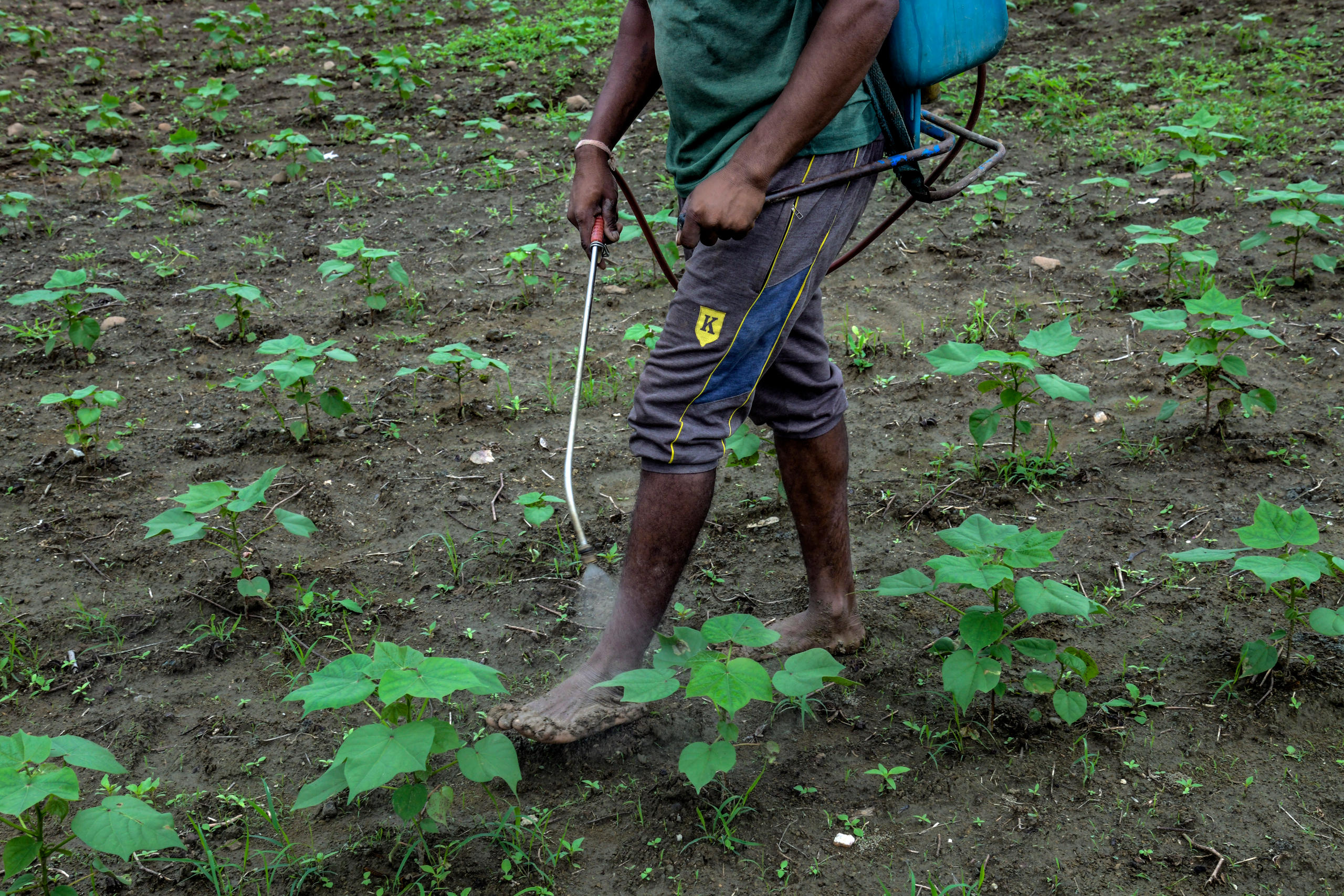
The NGO Public Eye has accused chemical firm Syngenta of exporting banned pesticides that it blames for the involuntary poisoning of cotton farmers in India. The company denies responsibility.
On Tuesday, Public Eye released a reportExternal link claiming that up to 50 farmers may have been fatally poisoned between July and October 2017 potentially due to excess use of Syngenta’s Polo insecticide to control white flies in cotton. The pesticide contains the chemical diafenthiuron that is produced by the company in Switzerland. In 2017, Syngenta exported more than 126 tons from Switzerland: 75 tons to India, 50 tons to South Africa, and 1.5 tons to Colombia.
Commercialised in 1991, the insecticide was banned in the European Union in 2002, and subsequently in Switzerland in 2009. The European Chemicals Agency (ECHA) states that diafenthiuron is “toxic if inhaled” and can “cause damage to organs through prolonged or repeated exposure”.
The deaths occurred in the Vidarbha region of Maharashtra state, with 20 people dying in a single district of Yavatmal where Public Eye conducted its research.
“We strongly condemn the various salacious and incorrect reports alleging that our crop protection product Polo was responsible for the unfortunate incidents. There is absolutely no evidence to suggest that Syngenta’s product Polo, was at all responsible for the incidents that have occurred,” said Syngenta in a statement released on Tuesday.
The company warned that local formulations were sometime marketed as Polo and said that it had set up mobile health clinics to treat affected farmers.
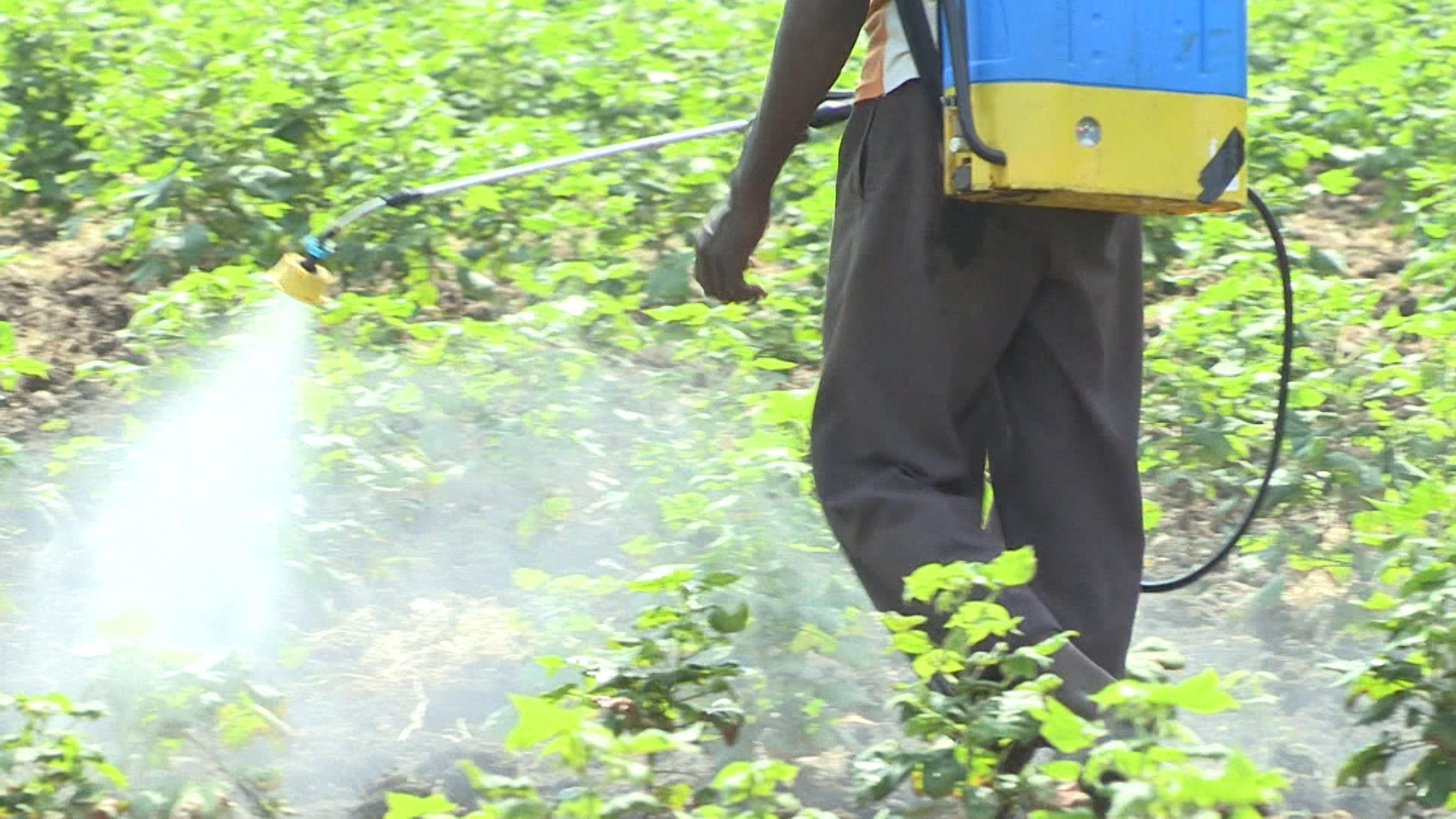
More
Swiss made but banned in Switzerland
Multiple reasons
It is not clear at this stage if Syngenta-produced diafenthiuron is the sole reason for the farmers’ deaths. A report published at the behest of the Chief Minister of Maharashtra placed the blame on several factors. These include taller cotton crops which necessitated spraying above head height, severe pest infestation that required more spraying than usual, and a lack of protective equipment when spraying.
The sprayers had also created a cocktail of pesticides and fertilizers which made treatment with medication difficult. In addition, Syngenta’s product was not the only pesticide used: Indian-manufactured brands used include Profex Super, Police and Monocil.
Syngenta India told Public Eye that Polo had been successfully used by farmers across the country for the last 14 years without any reported incidents of fatal casualties. With regard to the export of chemicals banned in Switzerland and Europe, the company told Swiss public television SRF that it was standard practice.
“It is often the case that a plant/crop protection product is registered in one country and not another – due to different regulatory criteria, climatic and agronomic conditions, or different needs of farmers,” the company stated.
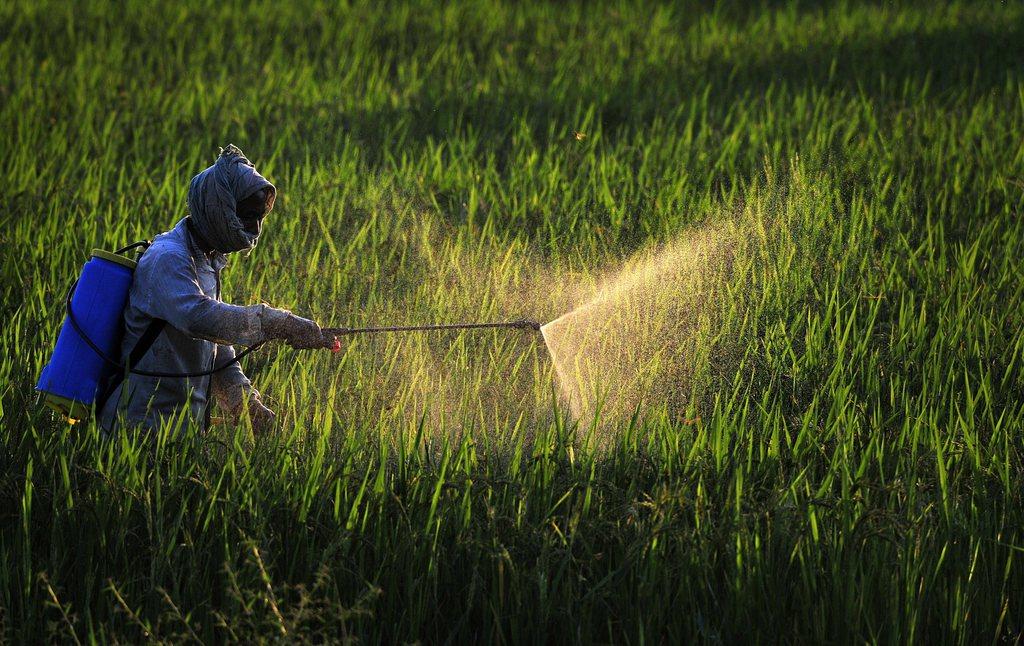
More
Reduced access to pesticides can prevent suicides

In compliance with the JTI standards
More: SWI swissinfo.ch certified by the Journalism Trust Initiative










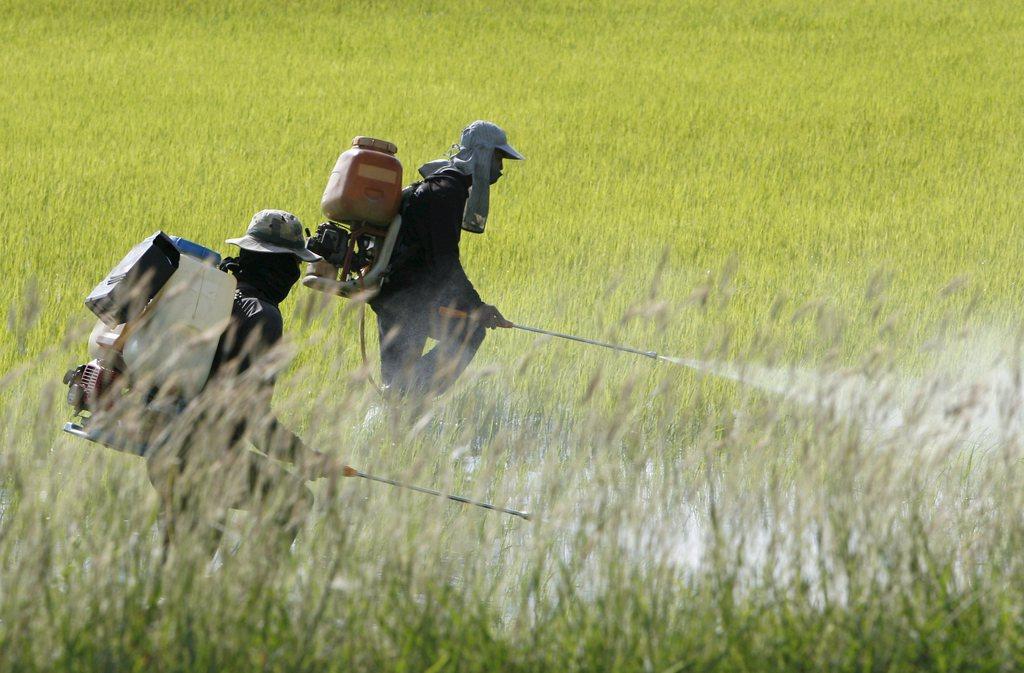

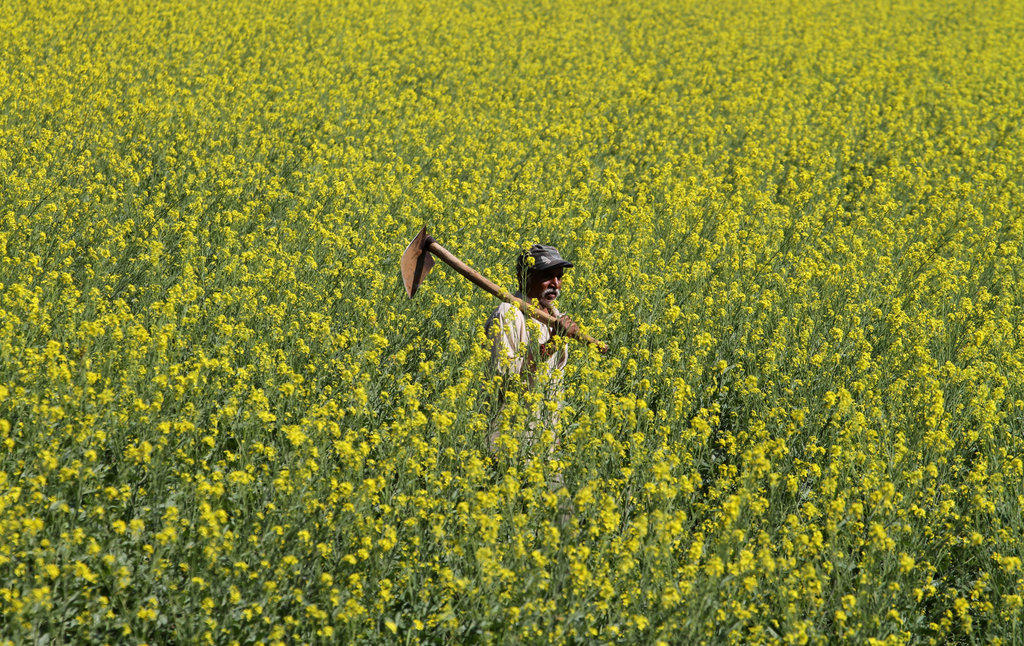
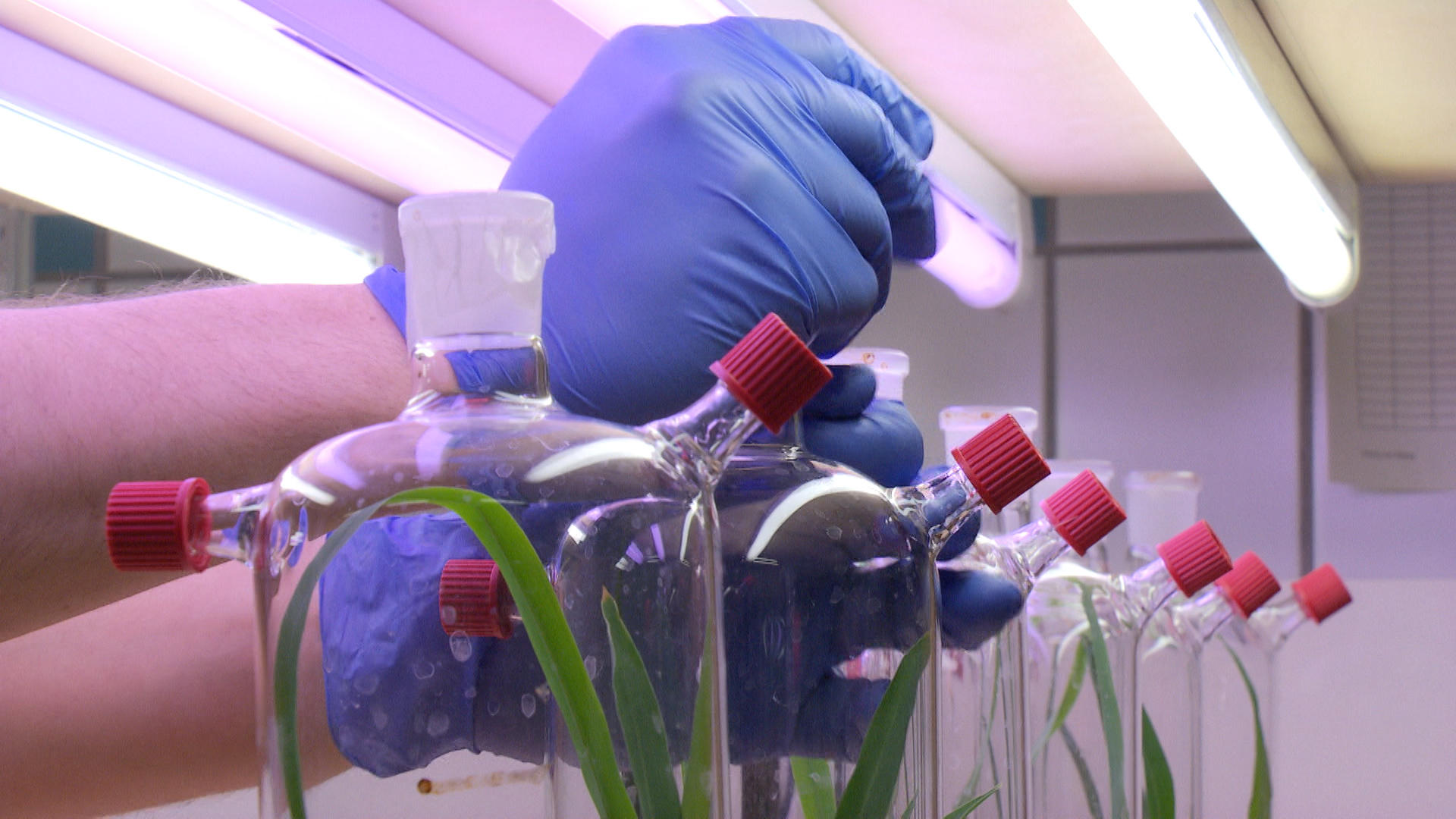
You can find an overview of ongoing debates with our journalists here . Please join us!
If you want to start a conversation about a topic raised in this article or want to report factual errors, email us at english@swissinfo.ch.